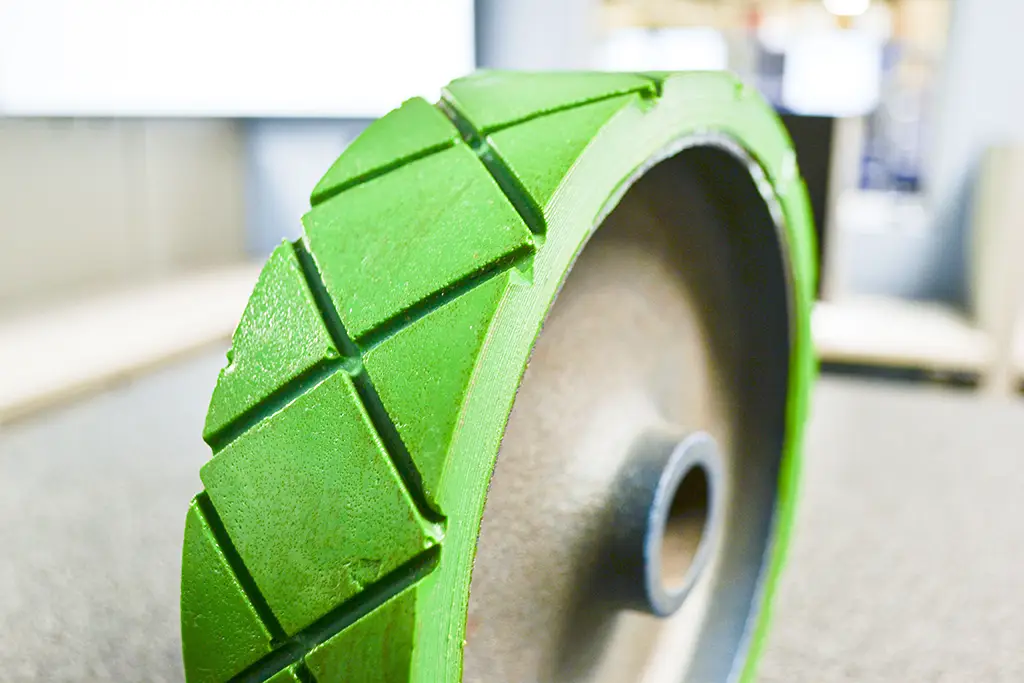As a writer and researcher, I explore materials that enhance industrial and commercial applications. One such innovation is polyurethane wheels, which have transformed mobility solutions across various industries. These wheels provide exceptional durability, versatility, and efficiency, making them ideal for different types of equipment. In this article, I will discuss the types, benefits, and applications of solid polyurethane wheels.
Types of Polyurethane Wheels
Polyurethane wheels are available in different types, designed for specific applications. Below are some of the most commonly used types:
1. Standard Polyurethane Wheels
These wheels offer a balance of durability, load capacity, and grip, making them suitable for general industrial applications such as carts, trolleys, and conveyor systems.
2. High-Load Polyurethane Wheels
Designed for heavy-duty applications, these wheels have a reinforced core and higher load-bearing capacity. They are commonly used in warehouses, factories, and automotive industries where equipment must support substantial weight.
3. Anti-Static Polyurethane Wheels
These wheels are engineered to prevent the buildup of static electricity, making them ideal for electronic manufacturing facilities, cleanrooms, and medical equipment that require electrostatic discharge protection.
4. High-Temperature Polyurethane Wheels
Manufactured to withstand extreme temperatures, these wheels are used in baking, food processing, and other environments where heat resistance is essential.
5. Noise-Reducing Polyurethane Wheels
For workplaces that require minimal noise, these wheels absorb vibrations and reduce sound levels. They are commonly found in hospitals, hotels, and laboratories.
Benefits of Solid Polyurethane Wheels
Polyurethane wheels offer numerous advantages over traditional rubber and metal alternatives. Below are some key benefits:
1. Superior Durability
These wheels are resistant to wear, tear, and cracking, ensuring a longer lifespan compared to rubber or plastic alternatives.
2. High Load-Bearing Capacity
Polyurethane wheels can support heavy loads without deformation, making them suitable for industrial and commercial applications.
3. Resistance to Chemicals and Abrasion
They exhibit excellent resistance to oils, solvents, and harsh chemicals, making them ideal for environments exposed to such substances.
4. Floor Protection
Unlike metal wheels, polyurethane options do not damage floors, preventing scratches and reducing maintenance costs.
5. Noise Reduction
Their ability to absorb vibrations makes them ideal for quiet operation in hospitals, offices, and laboratories.
6. Weather and Temperature Resistance
Polyurethane wheels perform well in extreme weather conditions and temperature variations, maintaining their integrity over time.
7. Energy Efficiency
With lower rolling resistance, these wheels require less effort to move equipment, improving overall efficiency in automated and manual applications.
8. Customization Options
Available in various sizes, hardness levels, and tread patterns, polyurethane wheels can be customized to meet specific industry needs.
Applications of Polyurethane Wheels
Due to their reliability, polyurethane wheels are widely used in multiple industries. Below are some common applications:
1. Material Handling Equipment
Forklifts, pallet jacks, and carts rely on these wheels for efficient movement and load-bearing capabilities.
2. Automotive and Aerospace Industries
Polyurethane wheels play a crucial role in manufacturing and assembly lines where smooth movement and durability are essential.
3. Medical and Laboratory Equipment
Hospitals and laboratories use these wheels for mobility solutions in carts, medical beds, and other essential equipment.
4. Warehousing and Logistics
Conveyor systems and transport trolleys depend on polyurethane wheels to move products efficiently.
5. Food Processing and Cleanrooms
High-temperature and anti-static polyurethane wheels ensure safety and efficiency in sensitive environments.
Conclusion
Solid polyurethane wheels have become a crucial component in modern equipment, offering durability, efficiency, and versatility. Their ability to withstand harsh conditions, support heavy loads, and provide floor protection makes them a preferred choice for industries worldwide. As a researcher, I find the continuous advancements in polyurethane technology fascinating, as they contribute to improved industrial operations and cost savings. Investing in high-quality polyurethane wheels ensures long-term reliability and enhanced mobility for various applications.

